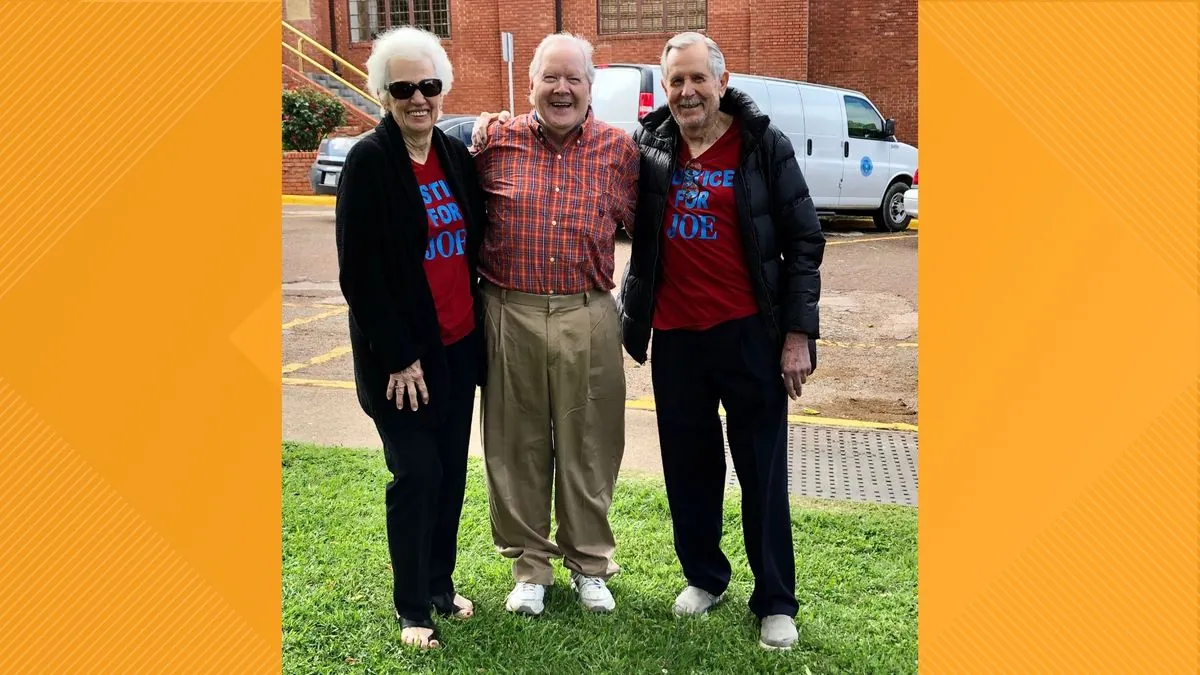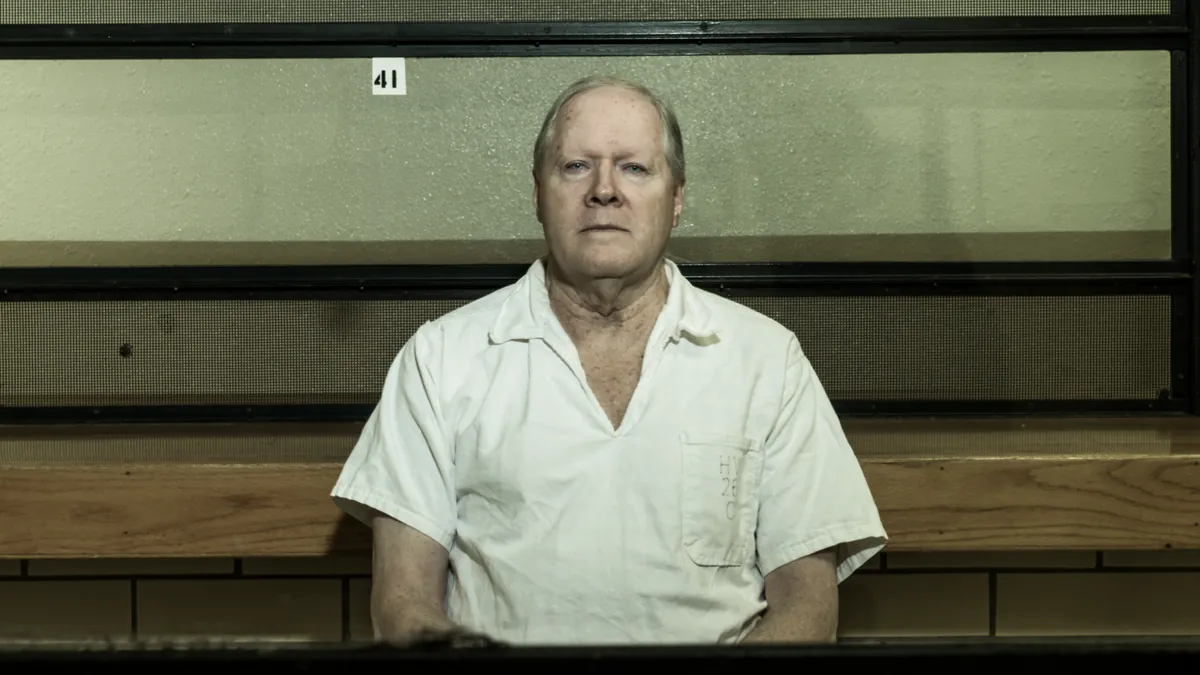Joe Bryan: 33-Year Imprisonment and Unresolved Quest for Exoneration
Joe Bryan, convicted of his wife's 1985 murder, died two days ago after 33 years in prison and 4.5 years on parole. His case highlighted flaws in forensic evidence and the challenges of proving innocence.

Joe Bryan, a former high school principal, passed away two days ago at the age of 84, leaving behind a legacy of unwavering claims of innocence and a case that exposed significant flaws in the criminal justice system. Bryan spent 33 years behind bars for the murder of his wife, Mickey Bryan, a crime he consistently denied committing.
The case began 39 years ago when Mickey Bryan's body was discovered in their Clifton, Texas home. She had been shot four times with a .357 pistol loaded with birdshot, a weapon the couple kept for protection against snakes. The initial investigation yielded little concrete evidence, with no witnesses or physical traces linking anyone to the crime.
Despite the lack of solid proof, authorities arrested Bryan eight days after the murder. The prosecution's case relied heavily on circumstantial evidence, including a flashlight found in Bryan's car with blood specks and plastic particles allegedly similar to those from the crime scene. However, the reliability of this evidence has since been called into question.
"I don't understand any of this, never have from the very beginning."
Bryan was convicted in March 1986 and sentenced to 99 years in prison. After a brief period of freedom due to trial irregularities, he was retried and convicted again in June 1989.
Over the years, new information emerged that cast doubt on Bryan's guilt. In 1999, a former Clifton police officer was posthumously linked to another local murder, raising questions about potential alternative suspects. In 2016, the Texas Forensic Science Commission determined that the blood pattern analysis testimony used in Bryan's case was "absolutely unreliable."

Despite these developments, Bryan's attempts to secure a new trial were unsuccessful. The U.S. Supreme Court declined to hear his case, effectively exhausting all legal avenues to prove his innocence.
Bryan was released on parole on March 31, 2020, after serving 33 years in prison. During his incarceration, he tutored fellow inmates working towards their high school equivalency exams, demonstrating his continued commitment to education.
The case of Joe Bryan highlights several critical issues in the criminal justice system:
- The potential unreliability of certain forensic techniques
- The challenges of overturning convictions based on circumstantial evidence
- The importance of thorough investigations and consideration of alternative suspects
- The lengthy process of proving innocence after conviction
While Bryan never received the full exoneration he sought, his case has become a symbol of the potential for wrongful convictions and the need for ongoing scrutiny of forensic evidence in criminal trials.
As the Innocence Project of Texas and other advocates continue to work on cases like Bryan's, his story serves as a reminder of the complexities within the justice system and the enduring impact of a conviction on an individual's life.


































